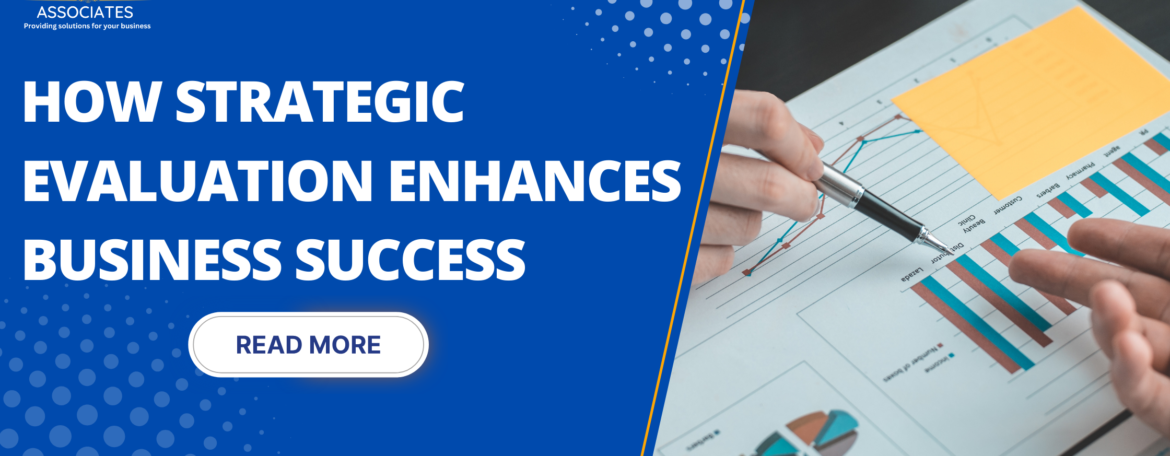Introduction
In the dynamic business world, staying ahead requires more than just day-to-day operations; it demands a strategic approach to evaluation and decision-making. Transaction Advisory Services play a crucial role in this process by analyzing a company’s performance, market position, and future prospects to make informed decisions that drive growth and success. This proactive approach is essential for identifying opportunities, mitigating risks, and aligning business strategies with evolving market trends.
One key component of the strategic evaluation is leveraging expert Transaction Advisory services. These services provide valuable insights into business transactions, such as mergers, acquisitions, and divestitures, by offering a thorough assessment of the financial and strategic implications. By engaging in comprehensive business valuation, companies can better understand their worth, identify areas for improvement, and make data-driven decisions that enhance their competitive edge.
Effective strategic evaluation not only aids in navigating complex business environments but also positions a company for long-term success. It helps organizations adapt to changes, optimize operations, and capitalize on new opportunities, ultimately leading to sustained growth and profitability.
The Essence of Strategic Evaluation
Strategic evaluation is a systematic process of assessing a company’s current strategies, performance, and overall direction to ensure that its objectives are being met effectively and efficiently. It involves a comprehensive review of both internal and external factors impacting the business, including market conditions, financial performance, and competitive positioning. The primary purpose of strategic evaluation is to provide a clear understanding of how well a company’s strategies are working and to identify areas where adjustments may be needed. By conducting this evaluation, businesses can align their strategies with their goals, adapt to changing environments, and make informed decisions that drive long-term success.
Importance for Business Success:
- Setting Clear Objectives: Strategic evaluation helps in defining clear, achievable objectives that guide business efforts and priorities. It ensures that the company’s goals are aligned with its long-term vision.
- Measuring Progress: By evaluating strategic initiatives, businesses can track their progress against set targets, identifying areas of success and those needing improvement.
- Optimizing Resources: It enables companies to allocate resources more effectively by highlighting areas of high performance and those that require additional focus or adjustment.
- Adapting to Change: Strategic evaluation provides insights into market trends and shifts, allowing businesses to adjust their strategies to stay competitive and responsive.
Incorporating Transaction Advisory services into the evaluation process enhances the depth of analysis, offering expert guidance on critical business transactions and strategic decisions. This comprehensive approach helps businesses navigate complex decisions, ensuring their strategies are both relevant and effective in achieving their objectives.
Key Components of Strategic Evaluation
- Goal Setting and Performance Metrics:
The foundation of strategic evaluation lies in clear goal setting. Companies need to establish specific, measurable, achievable, relevant, and time-bound (SMART) goals. Once these goals are set, appropriate performance metrics must be identified to track progress. These metrics provide a tangible way to measure success and identify areas needing improvement. By consistently monitoring these metrics, businesses can ensure they remain on the right path toward achieving their objectives.
- Internal Analysis:
Understanding the internal dynamics of a business is crucial for strategic evaluation. This involves examining the company’s strengths and weaknesses across various domains, including human resources, operational efficiency, financial health, and technological capabilities. Internal analysis helps in identifying the core competencies that can be leveraged for growth and areas that require development or restructuring.
- External Analysis:
External analysis focuses on the factors outside the company that can impact its performance. This includes market trends, economic conditions, competitive landscape, and regulatory environment. Tools like SWOT (Strengths, Weaknesses, Opportunities, Threats) analysis and PEST (Political, Economic, Social, Technological) analysis are commonly used to understand these external influences. By staying attuned to external factors, businesses can anticipate changes and adjust their strategies accordingly.
- Strategic Alternatives:
Evaluating strategic alternatives is about exploring different pathways to achieve business goals. This could involve considering new markets, product lines, partnerships, or technological investments. It’s essential to weigh the pros and cons of each alternative and assess their alignment with the company’s overall strategy and resources. This helps in making informed decisions that optimize growth opportunities while managing risks.
- Implementation and Monitoring:
Once a strategic plan is in place, the next step is implementation. This involves putting the chosen strategies into action through detailed planning, resource allocation, and execution. Monitoring the implementation process is equally important to ensure that everything is proceeding as planned. Regular reviews and adjustments based on real-time data and feedback help in maintaining the course and achieving desired outcomes.
Incorporating Transaction Advisory services can significantly enhance each of these components. Expert advisors can provide invaluable insights and guidance on transactions and strategic moves, ensuring that every decision is backed by thorough analysis and aligns with the company’s long-term goals. This comprehensive approach to strategic evaluation helps businesses navigate complex decisions, optimize performance, and achieve sustained success.
How Strategic Evaluation Drives Business Success
Informed Decision-Making
Strategic evaluation is essential for making well-informed decisions in a business. By continuously assessing various aspects of the company’s performance and direction, businesses gather crucial data and insights. This data-driven approach enables leaders to understand what is working and what needs adjustment. When decisions are based on accurate and comprehensive data, the chances of success significantly increase. For instance, through regular evaluation, a company might discover that a particular product line is underperforming, leading to strategic decisions to either improve it or shift focus to more profitable areas. Integrating Transaction Advisory services into this process can further enhance decision-making by providing expert advice on complex financial transactions, ensuring that every move is strategic and beneficial for long-term growth.
Identifying Opportunities and Risks
Strategic evaluation is a powerful tool for identifying both opportunities for growth and potential risks. By regularly reviewing market trends, competitive landscape, and internal capabilities, businesses can spot emerging opportunities that they can capitalize on. For example, an evaluation might reveal a new market segment that the company can enter or a technological advancement that can be adopted to improve products or services. On the flip side, strategic evaluation also helps in recognizing potential risks early on, such as regulatory changes or shifts in consumer behavior. This proactive approach allows businesses to develop strategies to mitigate these risks before they become significant issues. Utilizing Business Valuation techniques during strategic evaluation can provide a clear picture of the company’s financial health, aiding in identifying valuable opportunities and potential risks.
Enhancing Operational Efficiency
Regular strategic evaluations play a crucial role in enhancing operational efficiency. By continuously assessing the effectiveness of various processes and systems, businesses can identify areas where improvements can be made. This could involve streamlining workflows, adopting new technologies, or reallocating resources to more critical areas. Improved operational efficiency leads to reduced costs, faster production times, and higher-quality products or services. For example, a company might find that automating certain tasks can free up employees to focus on more strategic activities, thereby increasing overall productivity. Incorporating Transaction Advisory services during these evaluations ensures that financial operations are optimized and aligned with the company’s strategic goals, further enhancing efficiency.
In conclusion, strategic evaluation is a vital process that drives business success through informed decision-making, identifying growth opportunities and risks, and enhancing operational efficiency. By leveraging Business Valuation and Transaction Advisory services, businesses can ensure their strategies are financially sound and positioned for sustainable growth. This comprehensive approach enables companies to stay agile, competitive, and resilient in a dynamic market environment.
Implementing Effective Strategic Evaluation
To implement effective strategic evaluations, businesses should start by clearly defining their goals and key performance indicators (KPIs). Regularly collect and analyze relevant data to assess progress and performance. Utilize Transaction Advisory Services to gain expert insights on complex financial transactions, ensuring they align with strategic objectives. Conduct regular Business Valuation to understand the company’s worth and identify areas for growth. Integrate these evaluations into the decision-making process to make informed, data-driven choices. Selecting the right advisory partner is crucial; choose a reputable firm with proven expertise in strategic evaluations and comprehensive advisory services. This partnership will provide valuable guidance and ensure thorough, objective assessments that drive business success.
How SLS Associates Helps in Strategic Evaluation
At SLS Associates, we focus on delivering client-centric solutions. Our tailored strategic evaluation services provide deep insights into market trends and operational efficiencies. By leveraging our expertise in Transaction Advisory Services and Business Valuation, we help you make informed, data-driven decisions that align with your business goals, ensuring sustainable growth and success.
Conclusion
In today’s fast-paced business environment, effective strategic evaluation is essential for sustaining growth and achieving long-term success. By integrating advanced analytics, AI, and cloud-based solutions, businesses can gain deeper insights and make informed decisions. Emerging trends like blockchain ensure security and transparency, further enhancing business credibility. At SLS Associates, we understand the unique needs of each client and offer tailored solutions to help businesses thrive. Our comprehensive Transaction Advisory Services and Business Valuation expertise enable you to navigate complex decisions with confidence, ensuring your strategies are aligned with your goals and optimized for success.


